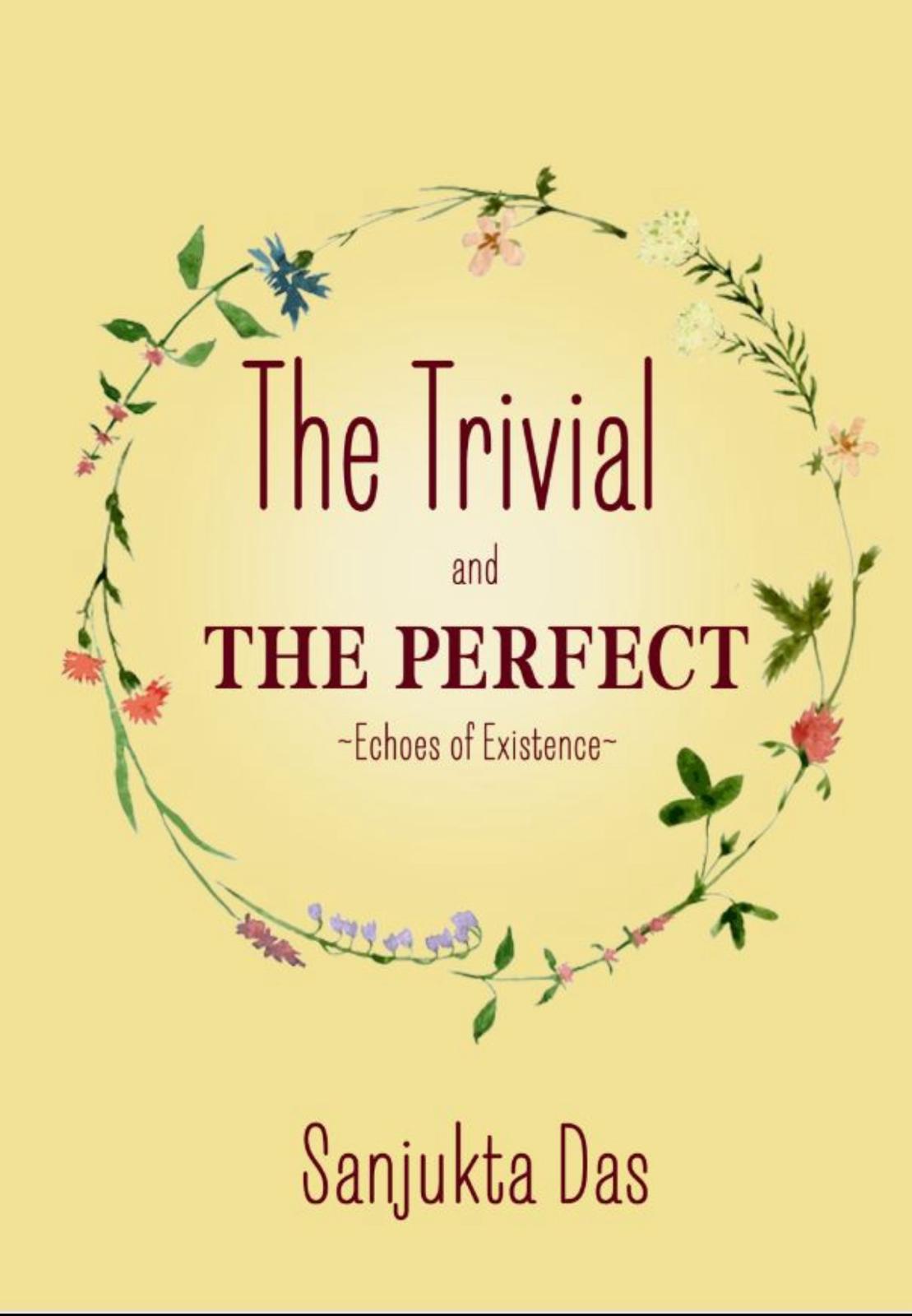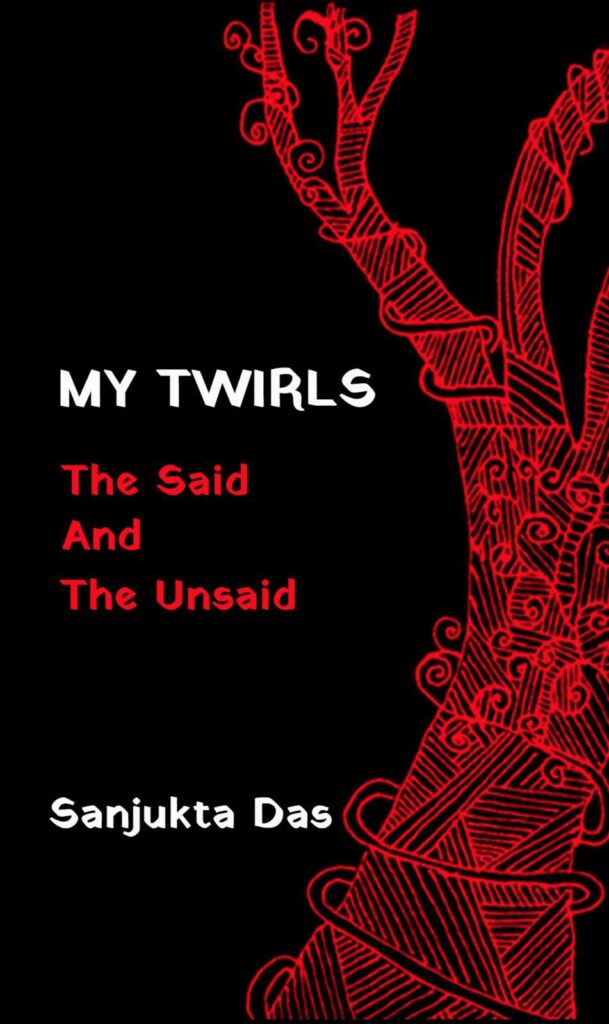A poetic voice is the soul of a poet laid bare upon the page, a unique and distinctive expression that sets them apart in the realm of words. It encompasses their individual style, tone, and emotional resonance, forged by personal experiences, observations, and beliefs. As poets wield language like an artist wields a brush, their voice emerges, reflecting their deepest passions and vulnerabilities. Akin to a musical melody, each poetic voice resonates with its readers, evoking emotions, stirring thoughts, and leaving an indelible mark. In this exploration of poetic voice and its importance, we unravel the intricacies of this artistic identity, celebrating the profound connections it forges between poet and reader. Understanding the essence of poetic voice unlocks the power of self-expression, enabling poets to share their truths and perspectives, while inviting readers to embark on an intimate journey through the realm of verse.
What is a Poetic Voice?
A poetic voice refers to the unique and distinctive style, tone, and personality that a poet conveys through their writing. It is the individual artistic expression and perspective that sets a poet apart from others. Similar to a fingerprint, each poet’s voice is inherently their own, reflecting their experiences, emotions, and beliefs.
A poetic voice encompasses several elements:
- Style and Language: A poet’s choice of language, diction, and syntax creates their distinctive style. Some poets may prefer to use complex, formal language, while others may opt for simple and accessible words. The way a poet crafts their verses contributes to the overall tone and impact of their work.
- Themes and Subjects: The topics and themes a poet explores in their poems also contribute to their poetic voice. Whether it’s love, nature, social issues, personal reflections, or political commentary, the recurring subjects in a poet’s work provide insight into their interests and passions.
- Emotional Tone: The emotional resonance of a poet’s work defines their emotional tone. Whether they evoke joy, melancholy, anger, or contemplation, the emotions conveyed through their poetry form an integral part of their voice.
- Imagery and Symbolism: The use of vivid imagery and symbolism shapes a poet’s voice. The way they employ metaphors, similes, and other literary devices reveals their ability to create striking and evocative language.
- Authenticity and Perspective: A poet’s authenticity and unique perspective on life contribute significantly to their voice. Poets often draw from personal experiences, memories, and observations, infusing their work with authenticity and an individual viewpoint.
- Consistency and Evolution: A poetic voice may remain consistent throughout a poet’s body of work, showcasing their signature style. However, it can also evolve over time as the poet grows, learns, and experiences new things.
A strong poetic voice allows readers to recognize the poet’s work without the need for attribution. It is the essence of the poet’s soul distilled into words, enabling a profound connection with the reader. Discovering and nurturing one’s poetic voice is a vital aspect of a poet’s journey, as it empowers them to share their unique perspective with the world and leave a lasting impact on their audience.
Why is a Poetic Voice Important?
A poetic voice is of paramount importance as it serves as the poet’s artistic identity, an authentic reflection of their innermost thoughts and emotions, and the very essence of their creative soul. It is the lens through which poets view the world and communicate their unique perspectives, experiences, and beliefs. Just as no two individuals share the same fingerprint, each poetic voice is singular and irreplaceable, leaving an indelible mark on the literary landscape.
A distinct poetic voice not only sets a poet apart but also offers readers a profound connection and familiarity with the creator behind the verses. It is through this voice that poets establish an intimate bond with their audience, inviting them to glimpse into their minds and hearts. As readers immerse themselves in the words penned by a poet, they embark on a journey of emotional resonance and intellectual exploration. A powerful poetic voice captivates hearts, evokes empathy, and sparks contemplation, resonating with readers on a profound level.
Moreover, a poetic voice infuses poetry with life and depth, transcending the mere arrangement of words to become a symphony of emotions and ideas. It adds a distinct rhythm to the language, creating a unique cadence that becomes a hallmark of the poet’s work. This rhythm echoes the beating of the poet’s heart, leaving behind an unmistakable imprint in the reader’s mind. It is a melody that lingers in the soul long after the verses are read, evoking memories and emotions each time it is recalled.
A poet’s voice can become a timeless legacy, shaping their literary heritage and inspiring future generations of poets and readers alike. It is through the resonance of their voice that poets become an intrinsic part of the poetic canon, joining the ranks of literary greats who have left an enduring impact on human culture. As their verses withstand the test of time, the poet’s voice becomes a beacon of light, guiding aspiring writers and enthusiasts on their own poetic journeys.
Ultimately, a poetic voice is the essence of self-expression and the conduit through which poets gift the world their most intimate and authentic selves. It is a testament to the power of language and the boundless potential of the human spirit to create beauty from mere words. Through the intricacies of their voice, poets share their deepest joys, sorrows, and triumphs, offering a glimpse into the shared human experience.
In conclusion, a poetic voice holds immeasurable significance in the art of poetry. It shapes the poet’s identity, connects them intimately with their audience, and breathes life into their verses. It stands as a timeless legacy, inspiring generations and leaving an enduring impact on literature and the human soul. With its power to evoke emotions, spark contemplation, and foster connection, a poetic voice is a gift that poets bestow upon the world, making it an invaluable and indispensable aspect of the poetic journey.
What Kind Poetic Voices are Out There?
Poetic voices are as diverse and unique as the poets who wield them. Each poet’s voice is a distinct combination of style, themes, emotions, and language. Here are some examples of well-known poetic voices:
- Emily Dickinson: Known for her enigmatic and introspective voice, Emily Dickinson’s poetic style was characterized by concise and condensed verses. Her poems often explored themes of nature, death, and the human experience, employing vivid imagery and unconventional punctuation.
- Langston Hughes: A prominent figure of the Harlem Renaissance, Langston Hughes infused his poetry with the rhythms and emotions of jazz and blues. His voice celebrated the African-American experience and sought to give voice to the struggles and aspirations of his community.
- Sylvia Plath: Sylvia Plath’s poetic voice was marked by its intense and confessional nature. She delved into themes of mental anguish, identity, and female empowerment, using striking and visceral imagery to convey raw emotions.
- Robert Frost: Robert Frost’s voice was characterized by its simplicity and accessibility. His poems often explored rural life, nature, and philosophical themes, presenting profound insights through straightforward language and rich symbolism.
- Maya Angelou: Maya Angelou’s poetic voice was empowering and uplifting. Her poetry addressed themes of racial identity, femininity, and resilience, celebrating the strength and beauty of the human spirit.
These examples highlight the vast array of poetic voices, each a unique expression of the poet’s inner world and vision. Poetic voices are as diverse as the human experience itself, offering an endless tapestry of creativity, emotions, and perspectives.
How Can You Find Your Poetic Voice?
Discovering a poetic voice is an introspective and transformative quest, one that requires delving deep into the recesses of the soul to unravel the unique essence that makes each poet distinct. This journey of self-discovery involves peeling back layers, embracing vulnerability, and allowing emotions to flow freely, for it is in the depths of one’s experiences and innermost thoughts that the poetic voice finds its roots.
To begin this voyage of creative exploration, aspiring poets must draw inspiration from their personal experiences, memories, and emotions. Each life is a tapestry of diverse encounters and emotions waiting to be woven into the fabric of poetic expression. Reflect on joyous moments that dance like sunlight on water, as well as those marked by sorrow that paint the sky with shades of dusk. Within the mundane and the extraordinary, lie the seeds of poetic brilliance waiting to blossom.
Reading widely and voraciously is an essential companion on this quest. By immersing oneself in the verses of diverse poets, one gains insights into different styles, themes, and perspectives. It is through this immersion that the fertile ground for one’s own poetic voice is tilled. Embrace the wisdom of the classics, find resonance in contemporary voices, and explore the realms of various poetic forms. Each encounter with another poet’s work unveils a new facet of the boundless world of poetry.
Yet, the key to finding an authentic poetic voice is to resist the allure of imitation. While it is natural to be inspired by the masters, true artistic identity is birthed from within. Resist the temptation to mimic, for the essence of your poetic voice lies not in imitation but in embracing the truth of your own emotions, thoughts, and beliefs.
To unearth this unique expression, experimentation is paramount. Explore a kaleidoscope of themes and subjects, from love’s tender embrace to the harsh realities of life’s complexities. Embrace the vast palette of literary devices, from the gentle brushstrokes of metaphors to the vivid hues of imagery. Let your poetic voice be a symphony, conducting an orchestra of words that evoke emotions and touch souls.
It is important to be patient and compassionate with oneself during this journey. Like a tender bud that unfurls with time and nurturing, a poetic voice requires space and care to blossom fully. Embrace the imperfect verses, the trial and error, as they are stepping stones toward discovering your poetic self.
Through perseverance and dedication, an authentic poetic voice emerges, like a beacon guiding your creative voyage. It is a vessel that carries your artistic identity, bridging the chasm between the private self and the world outside. With each poem, you offer a piece of your heart, inviting readers to embark on an intimate journey through the realm of verse.
In conclusion, the journey to find one’s poetic voice is not a mere destination but an ongoing odyssey of self-exploration and creative expression. Embracing the beauty of vulnerability and drawing inspiration from life’s rich tapestry of experiences, poets can craft verses that resonate with their unique perspectives. Just like the poets celebrated in our last blog post titled “What is Free Verse Poetry? Comprehensive Overview” who fearlessly unleashed the power of their distinct voices to create verses that transcended traditional boundaries, aspiring writers are encouraged to celebrate the cadence of their hearts and the authenticity of their individuality. By finding their own thread within the wondrous tapestry of poetic voices, poets can create verses that touch the hearts of readers and leave an indelible mark upon the world of poetry. This perpetual journey of revelation shapes the essence of their poetic legacy, as they continue to courageously explore the realms of creativity and self-expression.







